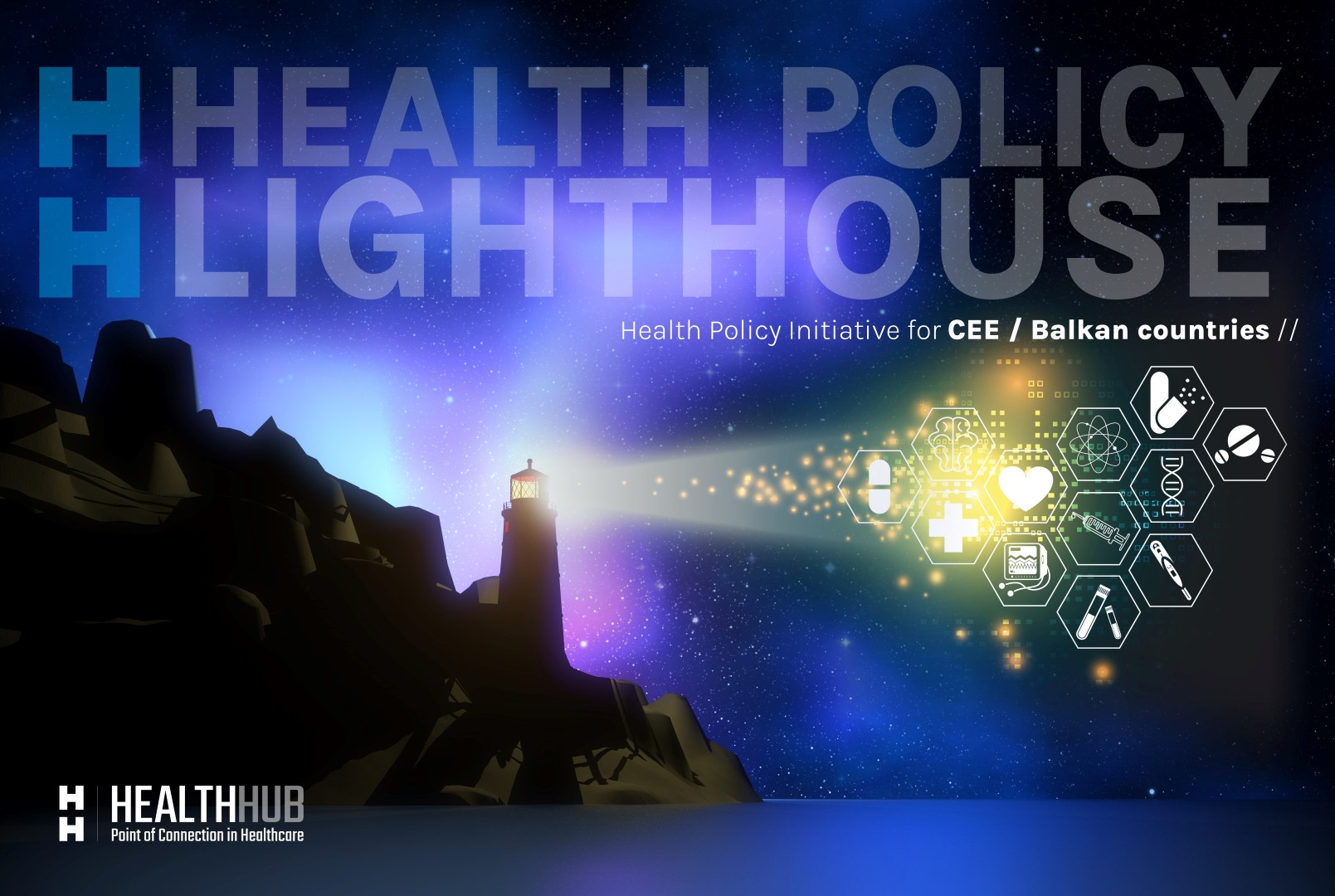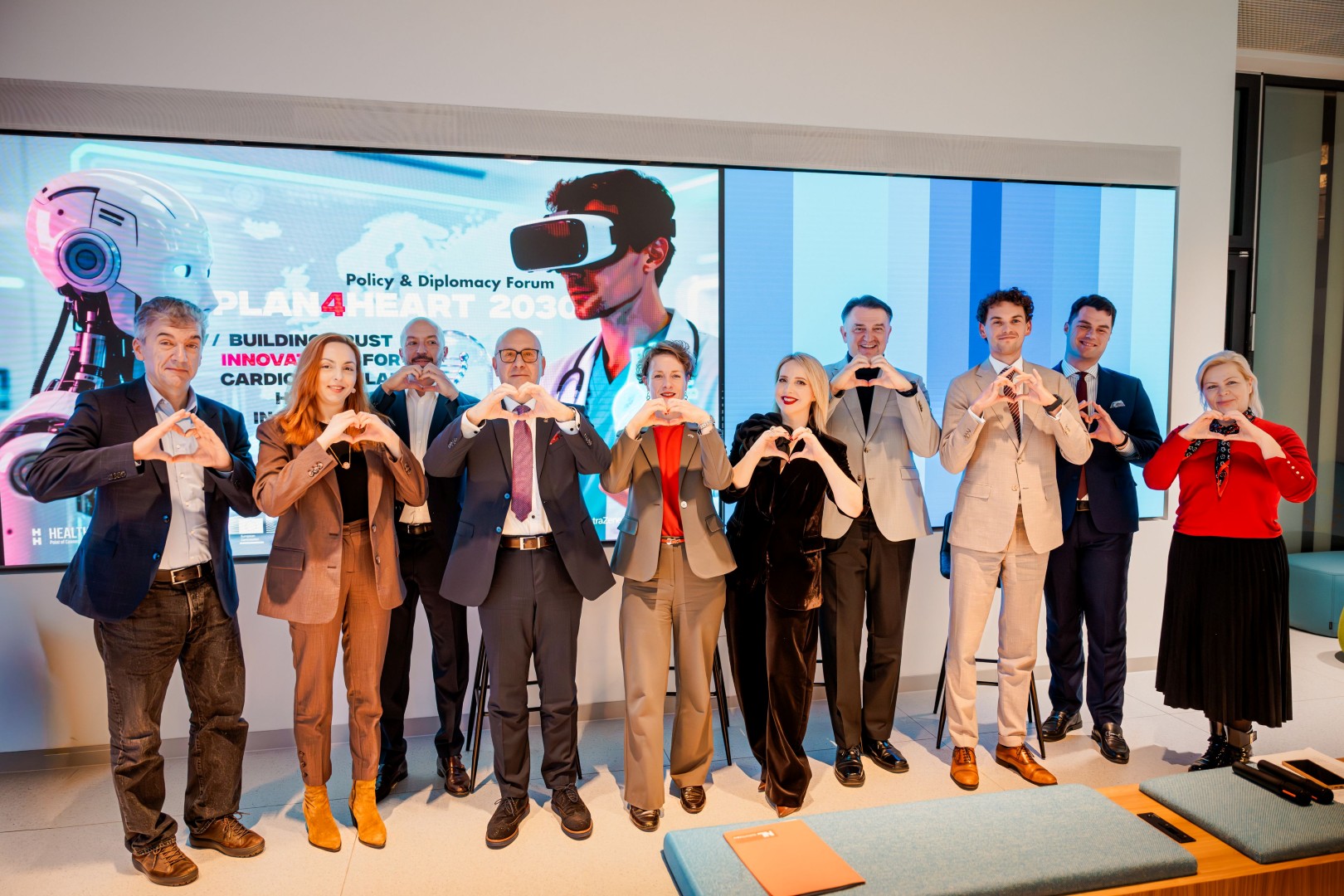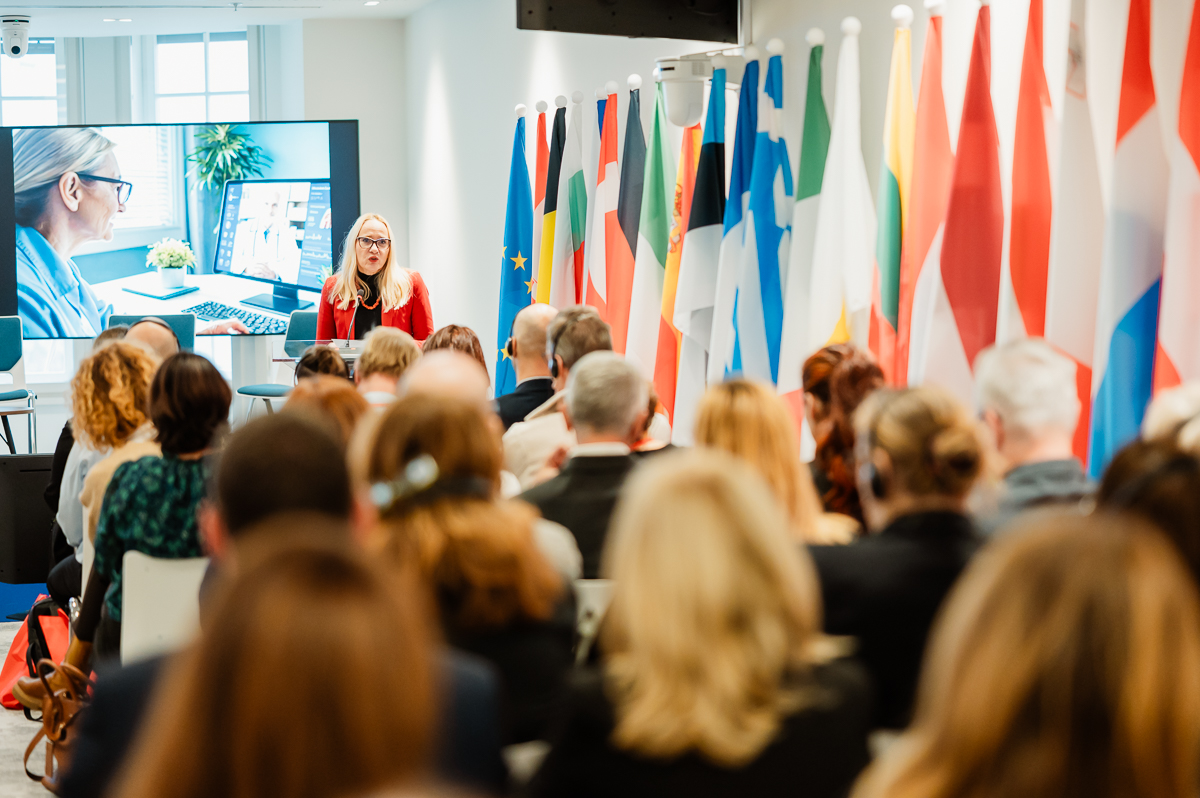Reflections by HH Health Policy Lighthouse // Immunization as a political priority in Balkans / CEE
ince the launch of Health Hub platform as a think tank for healthcare and healthcare industry in Croatia, I have been questioned many times to share our activities and spread our „energy“, initiatives and engagement towards Balkan countries and CEE. After almost two years of Health Hub’s „birth“, we decided to present something new, constructive and purposeful for this region exactly in time of World Immunization Week, because our regional immunization ecosystem, due to the poor vaccines uptake and increasing obstacles in access, needs more than ever to upgrade and modernize its policies and to accept best practices.
Lead by a slogan that we shouldn’t have citizens of 1st class and 2nd class in Europe (and globally) and all people should have equal opportunities and access to information & innovation, we decided that Health Hub needs to turn on the light towards the policy solutions and best healthcare practices available around the globe. We are presenting you our initiative of symbolical meaning – HH HEALTH POLICY LIGHTHOUSE (by Health Hub) aiming for networking of most respectful experts in the field of health policies, upgrading them to next level in digital and data-driven age and to showcase best health policy practices to CEE / Balkan countries. Activities will be presented in weeks ahead.

Why a „lighthouse“? When you Google a definition of „lighthouse“ you get a few interesting suggestions. Lighthouse, according to Ocean Service definition, serves to warn mariners of dangerous shallows and perilous rocky coasts, and they help guide vessels safely into and out of harbours. The messages of these long-trusted aids to navigation are simple: either STAY AWAY, DANGER, BEWARE! or COME THIS WAY![i] More psychological perspective mentions that lighthouses have traditionally been viewed as symbols of hope, security and awareness. As beacons of light, they provide guidance for safe passage to sailors and protect not only their lives but the land nearby.[ii]
Hopefully, with our activities, we will manage to provide spotlight for obstacles and challenges in regional healthcare policies, and navigate ecosystem to safe, cost-effective, value-based and innovative harbour of healthcare.

And it is not by accident that we are announcing HH Health Policy Lighthouse exactly during the World Immunization Week. More than ever, disparities and hesitance toward immunization are increasing in this region, and we need bold inspiration from the countries that manage to achieve vaccine coverage rates (VCR) recommended by healthcare experts and institutions. Year by year we are witnessing many events on the occasion of World Immunization Week in this region, press conferences, campaigns, educational content, but we still do not manage to increase VCR and and invest in prevention and immunization compared to total healthcare budgets in many leading countries. This is a question for important dialogue of all immunization ecosystem stakeholders in this region and beyond.
In an article „How much vaccine inequity will cost?“, The Economist presented a model built by The Economist Intelligence Unit showing that those countries that did not have vaccinated 60% of their population against COVID-19 by mid-2022 will register GDP losses totalling US$2.3trn by 2025. Unsurprisingly, emerging countries will shoulder around two-thirds of these losses, further delaying their economic convergence towards advanced economies. In addition to these costs, vaccine inequity will also have huge political, social and geopolitical consequences.[iii]

As World Health Organisation highlights, World Immunization Week is traditionally celebrated in the last week of April, aiming to highlight the collective action needed to protect people from vaccine-preventable diseases. Under the banner of ‘The Big Catch-Up’ as a 2023 slogan, WHO is working with partners to support countries to get back on track to ensure more people are protected from preventable diseases. WHO sends a call-to-action message: „We need to act now to catch-up the millions of children who missed out on vaccines during the pandemic, restore essential immunization coverage to at least 2019 levels and strengthen primary health care to deliver immunization.“[iv]
Despite the fact that scientific and healthcare community, including healthcare authorities and institutions around the globe emphasize that immunization is one of the most cost-effective ways to save lives and promote good health and well-being throughout the life course, we still have significant gaps in vaccination coverage that put especially the most vulnerable at risk. Access to immunization is not equitable within and among countries, and this should become a political priority, specially in (post)pandemic period when immunocompromised and chronic patients are still under the risk.

Recently celebrated WHO’s 75th anniversary year was an opportunity to look back at public health successes that have improved quality of life during the last seven decades. It was also an opportunity to motivate action to tackle the health challenges of today ̶ and tomorrow. Immunization is surely one of most important challenges! One of the WHO’s co-founders prof. Andrija Štampar’s created 10 principles as a foundation for public health and socialized medicine and one of them says: „The principal fields of action of a physician are human settlements and not laboratories and consulting rooms.“ WHO demonstrated this vision with mobile health caravans for vaccination against COVID-19 in the Western Balkans. Over the course of 2022–2023, four mobile health caravans have been touring remote and under-served locations in the Western Balkans to make sure vulnerable people have access to COVID-19 vaccination and the public health advice they need to protect themselves. To bring vaccination, health care and health recommendations to the heart of communities, with the support of WHO and partners, national and equivalent public health authorities have organized health caravans in Albania, Montenegro, North Macedonia, and Kosovo*. In addition to increasing access to various health services, the health caravans provide an opportunity for risk communication and community engagement (RCCE). When they visit, 2-way dialogue between health care providers and community members means that caravan staff can answer questions and better understand the needs of communities and their barriers to accessing health care. Experience in the Western Balkans showcases just why health caravans are such an important public health intervention in emergencies.[v]
This is just one example how can we boost confidence and increase VCR in this region. But do not forget so many challenges we have in this region with vaccination against influenza, HPV-related diseases, pneumococcal disease, and many other vaccine-preventable diseases or pre-exposure prophylaxis. We need to strenghten a policy dialogue about immunization and reflect how can we transform immunization policies to become more efficient and fulfill the public health purpose!
The immunization ecosystem is a turbulent ocean. But hopefully, our policy lighthouse will navigate stakeholders towards a safe harbour- for more safe and healthier communities and economies!
Reflections by
Anita Galić, MA Pharm, MA Health Management
Health Hub Founder & CEO





